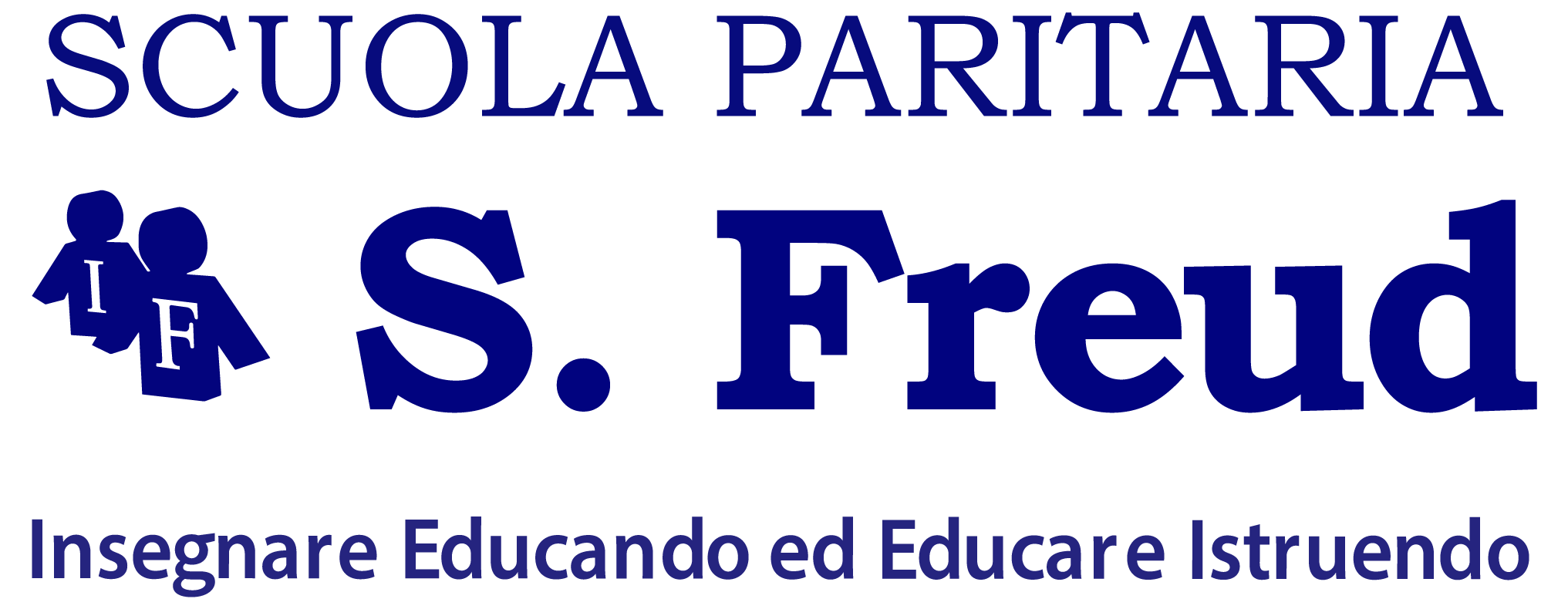24 novembre 2023
Dr. Daniele Nappo, Legal Representative and Founder of S. Freud Private School, in today's article deals with the topic of the certification of skills, i.e. a way to officially recognize a person's acquisitions.
Briefly, the certification of skills is a formal and informal process of evaluation and value: the purpose is to officially recognize a person's achievements. The main and characteristic tasks of the career are designated: the certification of competencies primarily recognizes the degree in carrying out certain tasks. So it is about performance and not about characteristics: it allows, in practice, to obtain a professional qualification thanks to the recognition of learning carried out in whole or in part outside a traditional course of study or an apprenticeship phase. There are various ways to prepare a person for a particular profession and/or to attest to the wealth of specific levels of knowledge and knowledge. For many years, the traditional method has been apprenticeship, but it presupposes recruitment. In modern society, on the other hand, the possibility of attending a course of study in an accredited public or private school with a final exam has become widespread: therefore, only if you have successfully completed a course of study do you obtain the certificate of skills. We know, however, that this is an incomplete apprenticeship because in practice people also learn in other and different ways. The basic idea of the validation of learning acquired outside the formal study paths is to develop structures to certify and give social value through the issuance of a document with legal value at European level. The certification of competences acquired in formal and informal environments was promoted by the European Council Recommendation of 20 December 2012. The Recommendation called on Member States to give citizens the opportunity to substantiate what they had learned outside formal training education and also required each Member State to develop a validation process for non-formal-informal learning experience that would enable everyone to obtain a full and/or partial degree or qualification by equipping themselves with devices, that is, of services, which would allow such validation. In Italy, the development of skills certification services has unfortunately taken place in a limited way and on a regional basis: instead of developing a single system at a centralized level valid for all regions, systems have been opted for on a local basis. The result is that at the moment each region has its own repertoire of professional qualifications, its own regulations for certification. Over the years, the Ministry of Labour and the Coordination of the Regions have tried to make the different regional systems more homogeneous and we have finally arrived at common guidelines, even if it has been a long and expensive process that has not yet come to an end.Even today, however, qualifications are only valid in the region in which they were issued. There is no automatic recognition of qualifications between different regions and moreover in most Italian regions the skills certification system is not fully operational. The only regions in which a citizen can apply to a person authorized to request certification of skills are Lombardy and Emilia-Romagna. All other regions are still dissimilar in the implementation process. Citizens who wish to obtain a certification of skills must contact an authorized person; the authorized entities are the employment centers and employment agencies or training agencies that have obtained a regional authorization; The citizen explains to an expert the work tasks that he has learned to perform in a formal-informal way and for which he would like to obtain certification and the expert identifies the corresponding skills from the repertoire of regional qualifications and from the 'atlas site' of work. The qualifications-atlas is a national site that serves precisely to identify the regional skills to which certain work activities correspond: always with the help of the expert, the citizen then develops a dossier of evidence, that is, a collection of documents or experiences that can support his request in the validation phase of the skills. Certification certainly has advantages for society but it cannot be, as mentioned, a matter of a few regions or not have national and European validity.


